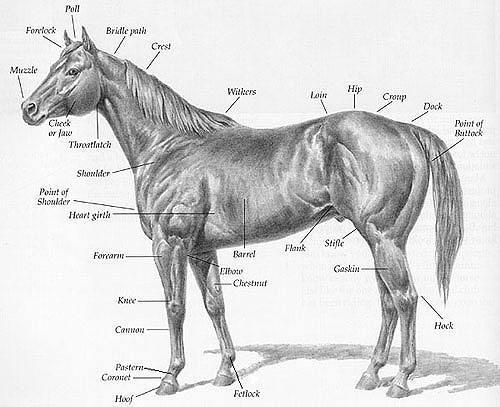“loucura cavalar”, talvez seja esta a melhor definição para o roNca de logo mais!
afinal, grande parte do cardápio, às 21h, estará afinada à doideira… e aos quadrúpedes!
sério!
+
binario, gary bartz, tom waits, odete amaral, culture, ivor cutler, bixiga70, arthur russell & +
muuuuuito mais!
você bem sabe que o roNca sempre priorizou a surpresa, né?
a imprevisibilidade, procede?
certamente, uma das principais características do Rádio – deixar a audiência com a orelha em pé!
pois, é assim que a sua deverá estar!
e, claro, com o K7 na mão!
ah, eu precisei de uns lencinhos de papel… em vários momentos!
vale adiantar a brutal presença deste caboclo a bordo:
Ivor Cutler
Ivor Cutler (15 January 1923 – 3 March 2006) was a Scottish poet, songwriter and humorist. He became known for his regular performances on BBC radio, and in particular his numerous sessions recorded for John Peel‘s influential radio programme, and later for Andy Kershaw‘s programme. He appeared in The Beatles‘ Magical Mystery Tour film in 1967 and on Neil Innes‘ television programmes. Cutler also wrote books for children and adults and was a teacher at A. S. Neill‘s Summerhill Schooland for 30 years in inner-city schools in London. He told Andy Kershaw on his radio show that he also gave private poetry lessons to individuals.
Cutler was a noted eccentric, dressing in a distinctive style including plus-fours and hats adorned with many badges, travelling mainly by bicycle and often communicating by means of sticky labels printed with “Cutlerisms”, one of which, “never knowingly understood” came to be applied by supporters and detractors alike. Others included “Kindly disregard”, reserved for official correspondence, and “to remove this label take it off”.[1]
The hallmarks of Cutler’s work are surreal, bizarre juxtapositions and close attention to small details of existence, all described in seemingly naive language. In performance his delivery was frail, halting and minimally inflected. His writing sometimes edged into whimsy or the macabre. Many of his poems and songs are in the form of conversations delivered as a monologue. In these, one party is often Cutler as a child, a poetic voice which he adopted in order to bypass the intellect. Cutler describes the poverty of his early life and the neglect he experienced from his parents with great stoicism. He expresses acceptance of his lot and gratitude for the basic elements of life, for nature, and for parental love, even though that love might bear the marks of strain. In these works the humour arises from the child’s curiosity and the playful or self-serving lies the parent tells him in instructing him to do a chore or in order to stop the incessant questions.
Cutler earned a faithful cult following. John Peel once remarked that Cutler was probably the only performer whose work had been featured on Radio 1, 2, 3 and 4.[2] Cutler was a member of the Noise Abatement Society and the Voluntary Euthanasia Society. He retired from performing in 2004, and died on 3 March 2006.[3] The reception room of his home contained a number of pieces of ivory cutlery, intended as a pun on his name.[4]

